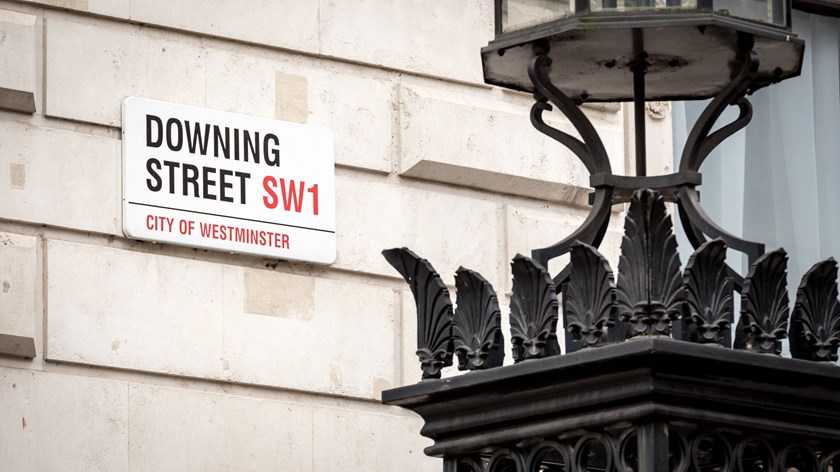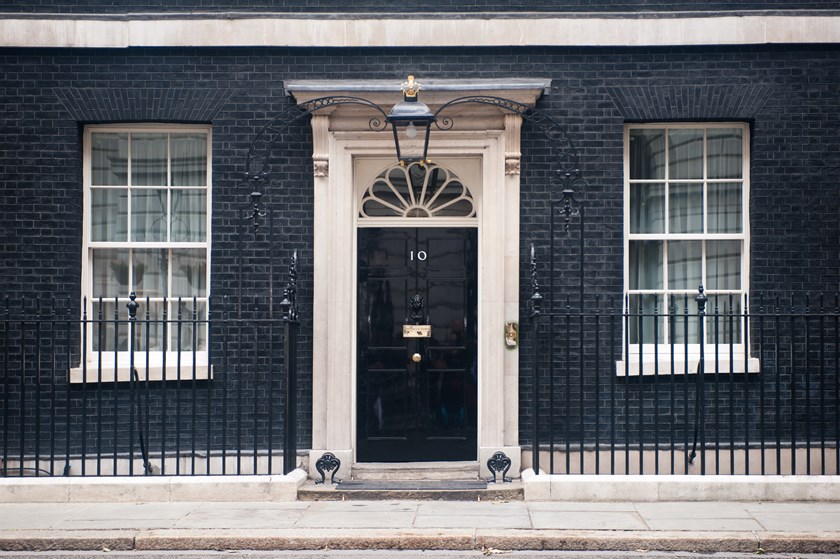Tax measures to help luxury businesses
Insight

With the recent announcement that Rolls-Royce is to cut 9,000 jobs amid the crisis, it is clearer than ever that the survival of any business in a downturn can turn on their ability to manage cash flow and minimise liabilities. It is especially important for premium and luxury businesses, whose overheads, staffing costs, premises and materials can often be more expensive than other businesses.
Whilst the Government’s Coronavirus support measures have been well publicised, these are only a part of the solution and may be available for a limited time only.
This briefing explores the other more permanent tax measures which can support luxury and high-end businesses looking to raise cash, reduce debt and mitigate or defer tax liabilities.
Raise cash
The most pressing need for any business in financial distress is cash. There are a wide range of tax-incentivised schemes that businesses can turn to raise cash, and some can be implemented at relatively short notice.
More information on these schemes is available here and examples include:
- Enterprise Investment Scheme (EIS)
- Seed Enterprise Investment Scheme (SEIS)
- Business Investment Relief
- Investors Relief
- Business Asset Disposal Relief (formerly Entrepreneurs’ Relief).
Whilst these schemes are helpful tools for luxury businesses looking to raise cash, they do come with strict conditions so care should be taken to identify the most appropriate scheme for each business and to ensure that they are implemented properly.
In addition, companies might consider raising funds by issuing new shares with specially designed rights to help maximise short-term cash-flow. One way to achieve this could be to issue preference shares whose dividend eligibility reduces whilst the company is in financial difficulties. Repo arrangements might also be used to bolster cash flow, by allowing shareholders to raise cash by selling their shares now and later buying them back at an agreed time and price. These kinds of cash-raising measures can often be done in a tax-friendly way, to help maximise their benefit.
Restructure debt
Many luxury businesses carry significant debt funding to help meet their high cost base. In difficult times, one of the most effective ways to free-up additional cash to help support that cost base can be to renegotiate the terms of any existing debt to maximise cash-flow. For example, loan terms might be amended so that interest accrues as normal but the requirement to actually pay the interest is deferred until a later date. In some cases, it is possible to structure these sorts of arrangements so that the business is able to benefit from a tax deduction for the interest which accrues before it is actually paid, thereby further enhancing liquidity.
Better still, some businesses may be able to negotiate releases from some of their debts, such as by agreeing to a debt-for-equity swap. Depending on the relationship between the parties, it can be possible to achieve this without triggering unwanted tax charges.
If existing loans cannot be substantially renegotiated, businesses might nevertheless be able to issue funding bonds to their lender in a tax-efficient way in satisfaction of the interest payments that fall due.
Maximise tax reliefs
The UK tax system has various reliefs intended to support businesses and minimise their liabilities. In challenging times, it is particularly important to ensure these are used to their maximum potential.
Many tax reliefs are available and their suitability and value will depend on the nature of each business. Some of the more commonly used tools include:
- claiming capital allowances, particularly where a business has spent significant sums improving premium premises;
- using any available trading or capital losses to offset against profits;
- claiming research and development tax relief; and
- maximising tax deductions for debt finance.
Defer tax bills
The Government’s Coronavirus-specific tax deferral tools have been well publicised. In particular VAT payments due before 30 June 2020 will be automatically deferred, and taxpayers will have until 31 March 2021 to pay accumulated liabilities; furthermore self-assessment payments due on 31 July 2020 will also be deferred until 31 January 2021. In addition to those measures, there are other ways luxury businesses in financial distress might be able to defer their tax bills.
Business that have income tax, corporation tax, VAT, PAYE or NICs liabilities might be able to approach HMRC to reschedule the payment of their tax bills and further information on how to do so can be found here.
Other tax deferral opportunities depend on the nature of the business. For example, large companies who pay corporation tax in instalments may apply to HMRC for a repayment of previous instalments where that is likely to exceed their total tax liability for the year. Self-employed traders and partners in partnerships and LLPs who make payments on account of their income tax liability might similarly be able to reduce or reclaim their tax payments on account.
Minimise workforce costs
Much has been said already about the Coronavirus Job Retention Scheme. However, there are plenty of other ways businesses can reduce employment costs in addition to these more temporary measures.
Salary sacrifice arrangements are a good example. For instance, employees might relinquish part of their cash salary or bonus entitlement, which is subject to income tax and National Insurance contributions (NICs), in exchange for non-cash benefits which are not subject to tax and NICs. In addition to saving salary and bonus cash costs, businesses can also save significant employer NICs by implementing appropriate salary sacrifice arrangements. Some care must be taken, however, especially with directors, to ensure that any salary sacrifice is done properly and before the individual becomes entitled to the salary as otherwise tax and NICs may still be due even if the sums are not in fact received.
A business might also replace elements of cash salaries and bonuses with non-cash benefits, such as shares and share options. This can be efficient for both businesses and employees, particularly if the share scheme benefits are tax-advantaged, such as with Enterprise Management Incentives (EMI) (see our briefing here).
Businesses who can no longer afford to keep the same number of employees, despite all these measures, might consider replacing employees with individuals who can work on a self-employed basis where possible. This will save employer NICs and eliminate the need to operate pay as you earn (PAYE) in respect of their fees. The business may also be able to agree a lower fee for the work as a result of the tax savings. Great care is needed to ensure that any individuals engaged on this basis are genuinely self-employed though, particularly where they are engaged through a personal service company although the Government has thankfully confirmed the deferral of the introduction of changes to the off-payroll working rules to private businesses (known as the IR35 rules) for one year until 6 April 2021. (For further information, see our briefing here).
Rationalise the business structure
A fresh look at the business structure can also yield further savings by reducing compliance and tax costs. For example, it may be possible to restructure a business or transactions between different companies which generate disproportionate administrative costs or tax liabilities.
If you require further information about anything covered in this briefing, please contact James Bromley, or your usual contact at the firm on +44 (0)20 3375 7000.
This publication is a general summary of the law. It should not replace legal advice tailored to your specific circumstances.
© Farrer & Co LLP, May 2020







